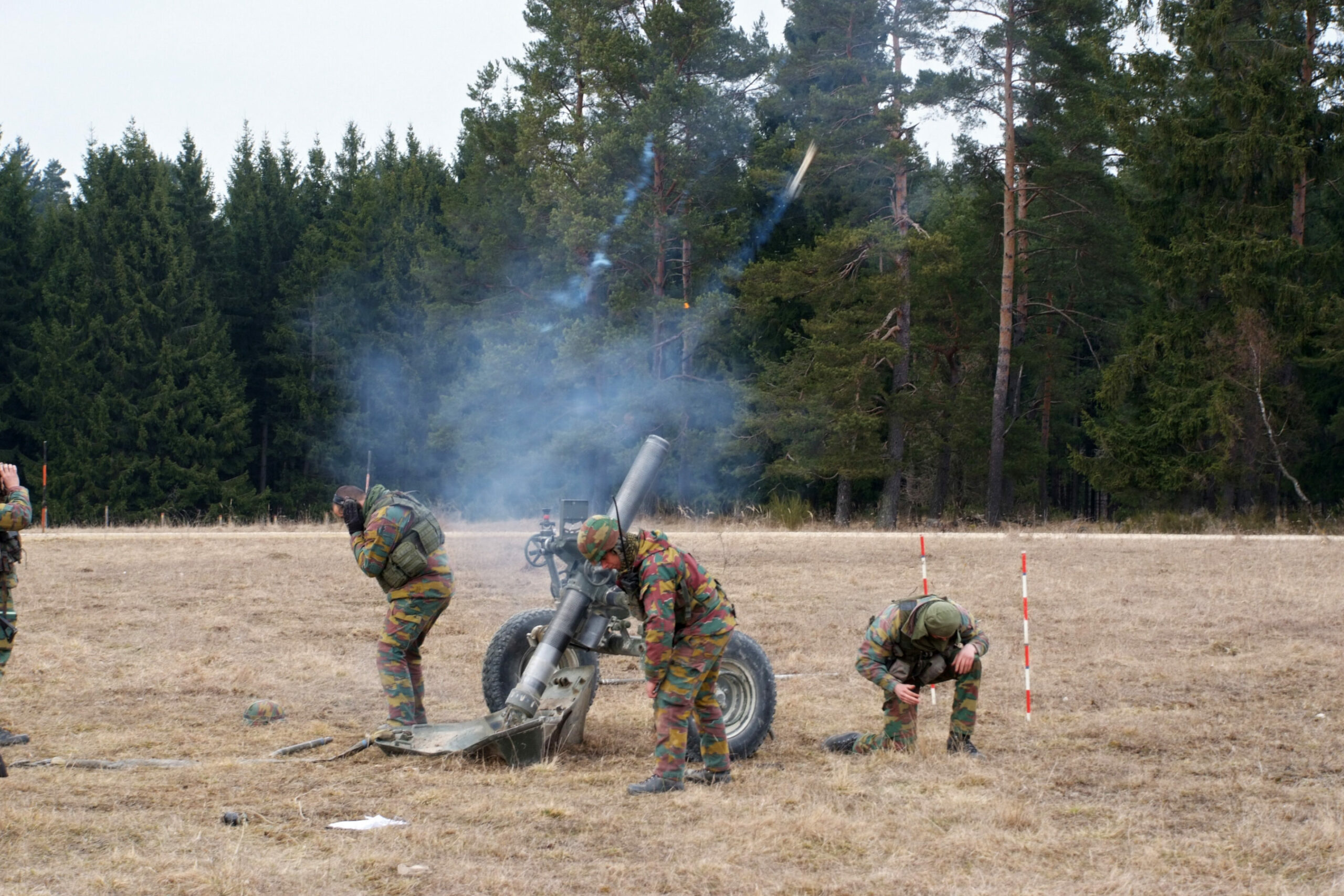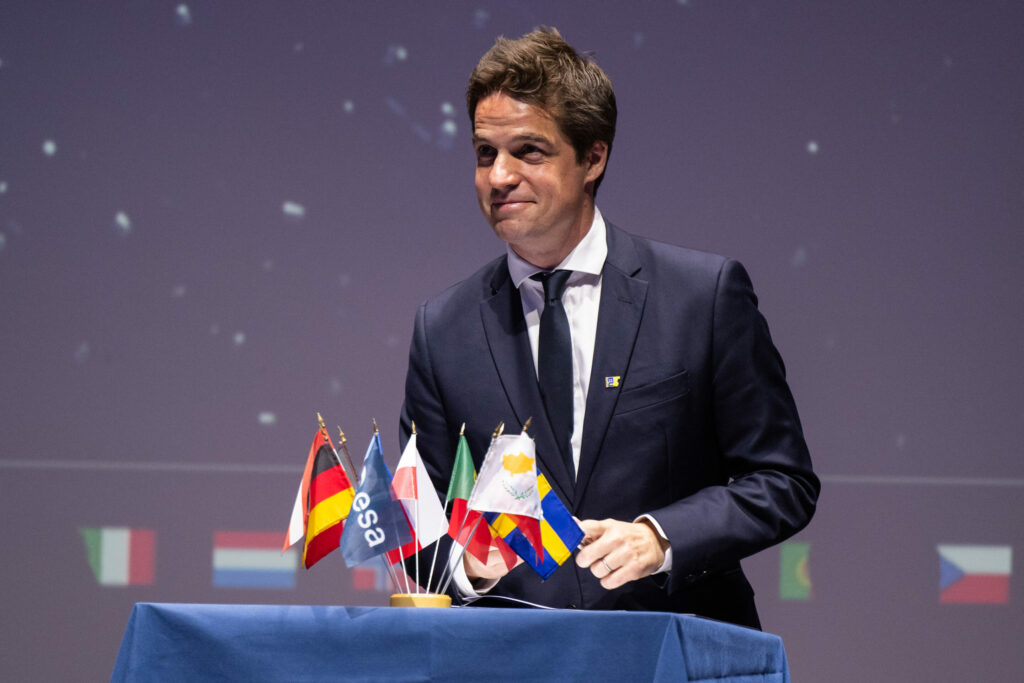Belgium is set to receive at least 95% of its first tranche of the European Union’s large-scale post-Covid-19 recovery plan funding in July, according to statements made by the Belgian Secretary of State for Recovery, Thomas Dermine (PS).
Dermine spoke to reporters during a visit to the EU Biotech Campus in Gosselies, Charleroi. Belgium had sought almost €974 million from the European Commission last September, which at the time had requested further auditing and checks in relation to the final beneficiaries (UBO register), and double funding avoidance (ensuring a project is not subsidised twice) as well as expressing concerns over the country's new pension reforms.
Prompted by technical reasons, Flanders and the French Community of Belgium (Wallonia and Brussels Federation) had to complete certain tasks to meet release propositions put forward by the Commission a few months ago.
Pension reform issue
Yet the European executive has now said that it will deliver "at least 95%" of the first tranche in July, and potentially up to 100% based on its evaluation of the pension reform, which was approved last Thursday in the lower chamber, said Dermine.
"Pension reform needed to increase low pensions, it’s done; it had to correct inequalities between pension schemes, it’s done; it should encourage longer working (pension bonus), will the incentive be deemed sufficient? As for the sustainability of the budgetary trajectory, we reckon it improves by 0.2% by 2070, but this is also a matter of interpretation," explained Dermine.
If 100% of the first tranche’s funding is not delivered in July, the remaining amount would be suspended until a further Commission evaluation, explained the Secretary of State’s cabinet, which deemed it unlikely that the Commission would impose a penalty.

Demonstration of retired miners from Brussels-Central station to 16 Rue de La Loi - Wetstraat, organised by Friends of the Mine of Campine, Limburg, to ask for a revision of the calculation of their pensions, Monday 28 March 2022, in Brussels. Credit: Belga / Jonas Roosens
Belgium trails among EU Member States in the distribution of already released recovery plan tranches, although it does not wait for these tranches to advance projects through borrowing. In July 2021, the country received a first pre-financing payment of €770 million, followed by a second pre-financing of €145 million at the beginning of this year.
The estimated total cost of Belgium’s recovery plan is €5.3 billion, primarily covered by European subsidies (over €5 billion), plus €264 million in loans. Another tranche exceeding one billion euros will be sought by Belgium next June, with four more instalments left until the end of 2026.
Halfway through the plan period (2021-2026) and looking towards one year’s time (April 2025), Dermine assures that 87% of recovery plan projects are complete or on track, with the remaining 13% delayed or unfinished.
Belgian authorities and the European Commission are collaborating this Monday and Tuesday to reflect on the progress and future of the plan, both at a national and European level.
Future fund for defence?
Making introductory comments, European Commissioner for the Economy, Paolo Gentiloni, visited Charleroi on Monday to witness the completion of two projects: the EU Biotech Campus for training in the biotechnological sector, and the A6K-E6K technological and digital hub which combines industrial companies, startups, research centres, competitiveness clusters, universities and training operators.
In Dermine’s opinion, the European Union will need to repeat "in the near future" a similar project based on unprecedented shared debt on such a scale.

Military training camp of the Belgian army in Grafenwohr, Germany, Wednesday 03 April 2013. Credit: Belga
"This is a clear spirit of solidarity, for which we’ve established an institutional mechanism, a new reporting capacity worthy of a supranational state, and we’ve already started to repeat" via the RePowerEU plan (aimed at reducing dependence on Russian fossil fuels).
He believes that Russia’s aggression in Ukraine will prompt the EU to introduce a similar mechanism to develop European defence.
Dermine sees this growing budgetary capacity as a tool for European federalism. "As long as this shared debt is consolidated fiscally by an EU-wide raising of own resources, like a tax on digital giants, a European wealth tax, carbon border adjustment, etc." Deciding also, for him, that treaty revisions are necessary to improve the EU’s democratic governance and legitimacy.

